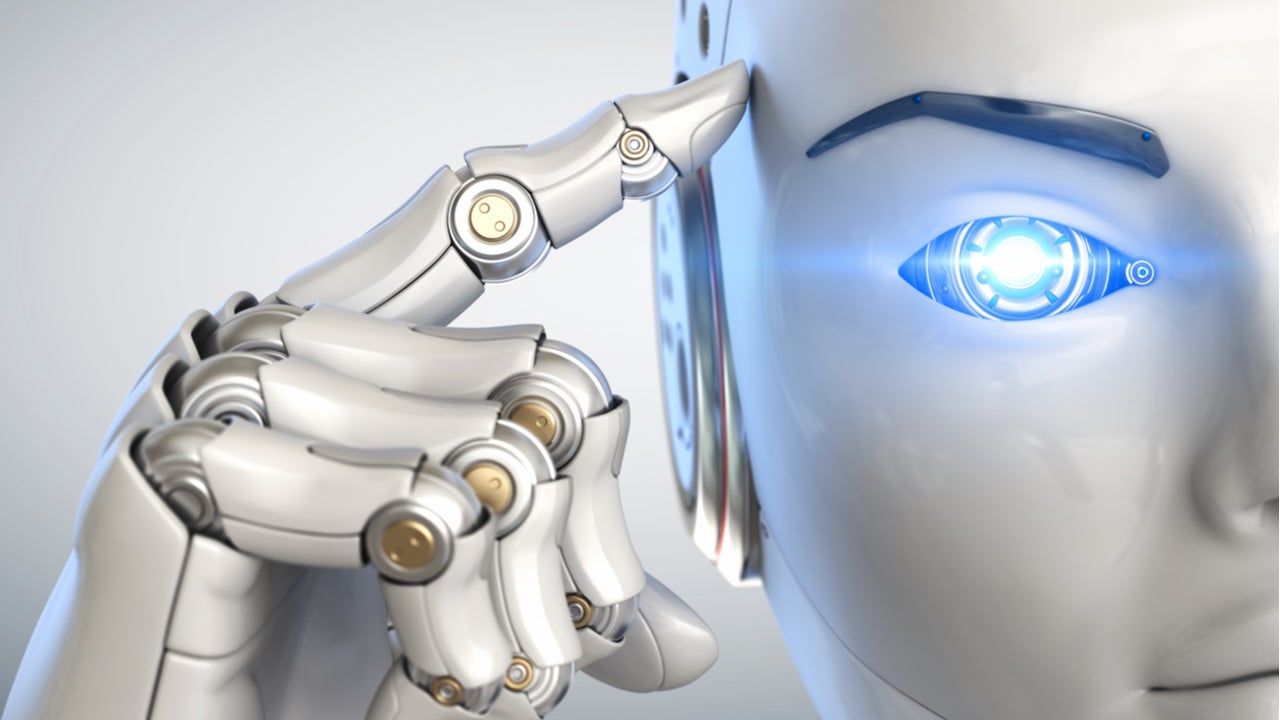Robotic Processing Automation (RPA) vendors are integrating Natural Language Processing (NLP) technology into their offerings, elevating the analytics technology as the next logical phase of intelligent automation.
The move to couple RPA with NLP comes as enterprises look to step up transformation efforts. This is shored up largely by intelligent automation solutions for improving operational efficiencies and business processes, namely through software robotics. These projects typically fall within emerging DevOps structures.
Particularly attractive is the fact that NLP serves to help onboard users into software automation at the earliest phase of their transformation. For example, intelligent document processing (IDP), a form of intelligent automation, leverages optical character recognition (OCR), machine learning (ML) and NLP to extract, classify, and process data from various document types. A typical process involves converting text into a machine-readable form using OCR solutions, structuring, clustering, and uncovering patterns (using ML and NLP) in the information, then applying process mining technology to discover inefficiencies through operational processes event logs.
RPA vendors are investing
Last week RPA vendor UiPath acquired AI pureplay Re:infer to help bolster UiPath’s native NLP capabilities. The start-up’s strengths are in transforming unstructured information from documents and communications into structured data, to be analyzed and integrated into broader automated workflows.
The move follows earlier efforts among rival cloud/automation platform players:
• Google partners with RPA players including Automation Anywhere and Blue Prism, leveraging Google’s NLP API to improve customer experience via to automatically classify, extract and validate information from business documents and email (e.g., to contextually respond to FAQ emails and schedule meetings, etc.). Google moved into the OCR space (technology providing the ability to recognize text from image), including the capabilities through Google Cloud Vision API for scanned documents.
• IBM combines RPA, NLP, and OCR technologies as part of its intelligent automation strategy branded IBM Cloud Pak for Automation and IBM Robotic Process Automation. IBM customers use an NLP engine combined with IBM RPA for tasks such as extracting text entities, spell check, and answering questions. The feature is branded Watson NLP and Legacy NLP.
RPA providers having the most success addressing current business transformations have invested in systems which leverage technologies supporting self-learning and self-healing RPA (requiring no operational intervention), including NLP.
How well do you really know your competitors?
Access the most comprehensive Company Profiles on the market, powered by GlobalData. Save hours of research. Gain competitive edge.

Thank you!
Your download email will arrive shortly
Not ready to buy yet? Download a free sample
We are confident about the unique quality of our Company Profiles. However, we want you to make the most beneficial decision for your business, so we offer a free sample that you can download by submitting the below form
By GlobalData





Related Company Profiles
UiPath Inc